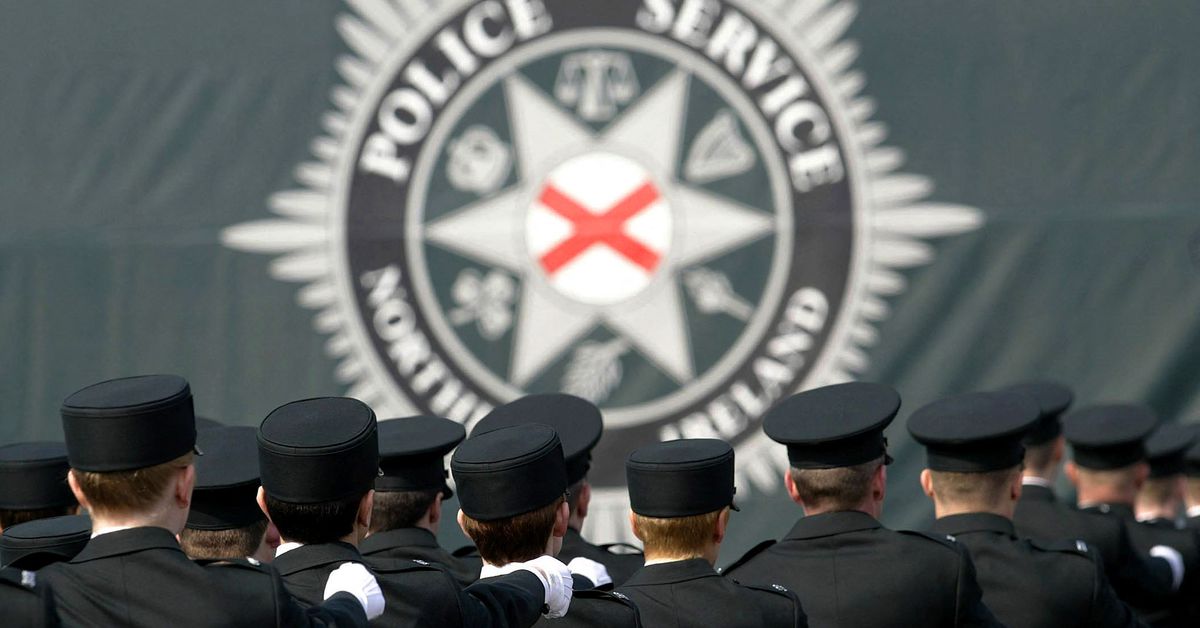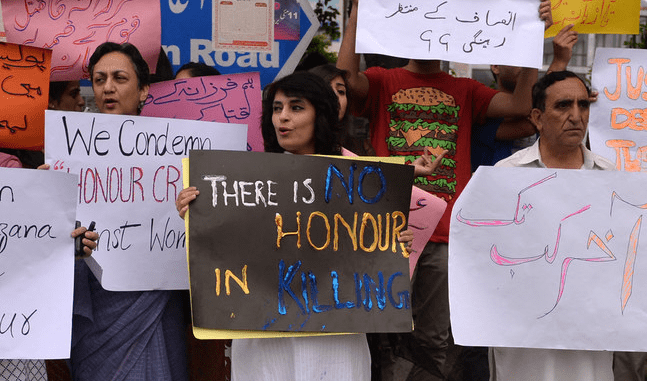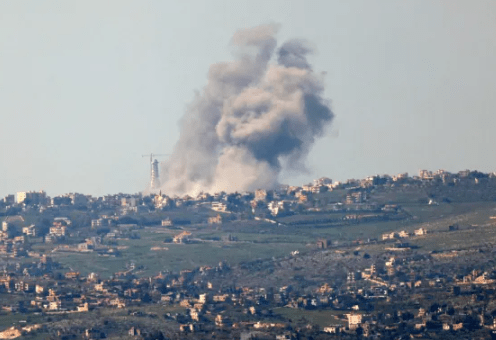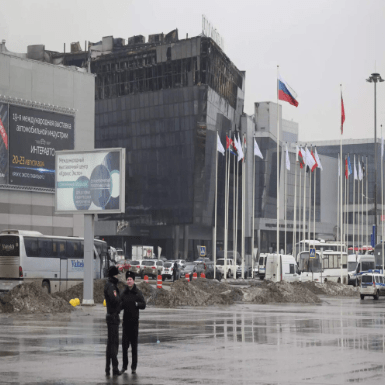Northern Ireland police guilty of ‘collusive behaviour’ in 1990s – ombudsman

The first recruits of the new PSNI (Police Service of Northern Ireland), recruited on a 50/50 basis between the Catholic and non catholic community, are shown during a passing out ceremony at the college in this file photo, April 5, 2002. REUTERS
Summary Report looked at 8 attacks, 11 murders
‘Unjustifiable’ use of militants as informers
Police apologise, say report ‘uncomfortable’
BELFAST, Feb 8 (Reuters) – Police in Northern Ireland were guilty of “collusive behaviour” in relation to a series of murders and attempted murders by pro-British militants in the 1990s, the police ombudsman of the British region said in a report published on Tuesday.
The police force, the Royal Ulster Constabulary – since replaced by the Police Service of Northern Ireland (PSNI) – was also guilty of a number of investigative and intelligence failures relating to eight attacks in which 11 people were murdered – including five in one 1992 attack.
More than 3,000 people were killed in a three-decade conflict between Irish nationalist militants seeking unification with the Republic of Ireland and the British Army and loyalists determined to keep the region of Northern Ireland under British rule. A 1998 peace deal largely ended the fighting.
Register now for FREE unlimited access to Reuters.com Register
The report listed four examples of “collusive behaviour” including the failure of officers to warn individuals of “real and imminent threats to their safety” and an absence of controls in the use of informants linked to pro-British militant organisations.
Intelligence gaps and failings that enabled the distribution of weapons from arms imports to pro-British militants and the deliberate destruction of records also constituted collusive behaviour, it said.
The report said the use of informants involved in serious criminality was “unjustifiable.”
The report’s authors did not, however, find evidence that police had received information which would have allowed them to prevent any of the attacks. The use of informants yielded some success and potentially saved lives, it added.
The PSNI issued a statement to apologise for the failings identified, and said the report made for “uncomfortable reading.”
It said, however, that its policies and procedures had greatly improved and were “unrecognisable” from those in place at the time.
Relatives of the victims in a statement welcomed the report, describing it as “damning”.
Register now for FREE unlimited access to Reuters.com Register
Reporting by Conor Humphries and Ian Graham, Editing by William Maclean
Our Standards: The Thomson Reuters Trust Principles.





